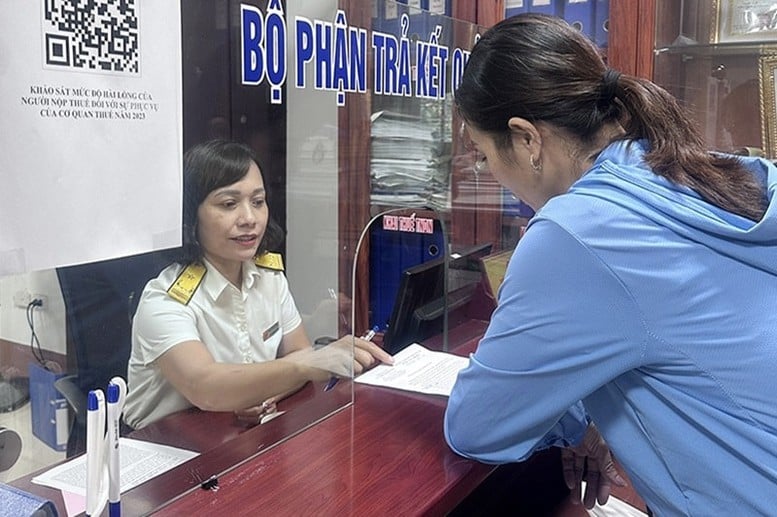
Perfecting tax policies, simplifying administrative procedures, supporting taxpayers
Recently, the Government Electronic Information Portal has published a series of articles on the topic "It's time for tax reform", including three consecutive articles posting opinions of experts analyzing the current state of the tax system, referring to international experience and making reform recommendations suitable for Vietnam's conditions.
Regarding tax policy reform solutions, Prof. Dr. Hoang Van Cuong - former Vice President of the National Economics University, Member of the 15th National Assembly, Member of the National Assembly's Finance and Budget Committee proposed a three-layer model with the core principles of clarity, simplicity, ease of implementation, ease of inspection and supervision, transparency and suitability to reality. This model includes three pillars: delimitation, simplification and digitalization.
Firstly, it is necessary to clearly distinguish between taxes to separate behavioral taxes and civic duty taxes. Each tax must clearly define its objectives and scope of application, avoiding overlapping regulation of the same object. For example, special consumption tax and environmental tax should aim to regulate consumer behavior, while VAT and income tax should ensure the obligation to contribute to the budget.
Second, build a flexible collection mechanism - "many options, one target". A tax can be applied according to many different calculation methods, suitable to the characteristics and capacity of each group of businesses, to ensure fairness and effective implementation.
Third, thoroughly digitize the tax system – moving from a purely obligation to a utility for taxpayers. Reform must simultaneously affect both the "hardware" (policies, tax systems) and the "software" (the way it is organized, operated and served). A modern tax system needs to meet three basic functions: generating sustainable revenue for the state budget; ensuring fairness and reasonable economic regulation; and integrating with advanced international practices.
Regarding value-added tax (VAT), Prof. Dr. Hoang Van Cuong emphasized the need to simplify regulations on invoices and input documents, reform the tax deduction and refund process, and cut unnecessary procedures. At the same time, it is necessary to enhance taxpayer responsibility and promote digital transformation in tax management to completely eliminate the situation where businesses have to "request tax refunds". Instead, tax refunds need to be implemented automatically, transparently and according to a modern risk management mechanism.
Dr. Nguyen Si Dung - former Deputy Head of the Office of the National Assembly proposed a number of important institutional solutions to reform the tax system in Vietnam.
Firstly, the tax legal system needs to be restructured in an integrated, transparent and easy-to-implement direction. Instead of maintaining separate tax laws as at present, it is necessary to build a unified Tax Code as a fundamental legal framework for the entire national tax policy system. On that basis, restructure taxes in a modern direction, consistent with the characteristics of the digital economy and the orientation of sustainable development. Tax policy needs to shift from the main goal of budget collection to the role of creating development. In particular, VAT needs to be seriously reviewed, gradually reducing dependence and gradually shifting to smarter forms of consumer tax. At the same time, develop new taxes with effective and sustainable regulation such as digital tax (for the digital economy), carbon tax (responding to climate change) and progressive property tax (regulating excessive accumulation of assets, ensuring social justice).
To ensure that the reform direction is not interrupted and has sufficient institutional strength, Dr. Nguyen Si Dung proposed the establishment of a National Tax Reform Committee. This agency needs to operate intensively, with the participation of policymakers, independent experts, representatives of the business community and the people. The Committee needs to have the right to research, propose and monitor the entire tax reform process, becoming a center for promoting institutional innovation in the spirit of science, objectivity and multi-dimensional listening.
Second, Vietnam needs to improve its policy response capacity in a more flexible manner. Policies such as immediate tax refunds for tourists, promoting on-the-spot exports or implementing flexible tax policies by region and industry need to be researched, institutionalized and applied in accordance with the domestic context and international practices.
Third, it is necessary to soon end the lump-sum tax mechanism - which has many potential shortcomings in terms of transparency and fairness. Dr. Nguyen Si Dung proposed replacing it with a "minimalist tax" model with a small reduction rate (1-2%) calculated directly on actual revenue, recorded through electronic devices such as POS machines, e-wallets or QR codes. This approach is both simple and helps control effectively without expanding the administrative apparatus.
Fourth, it is necessary to build a smart tax ecosystem, promoting comprehensive digital transformation in the tax industry. All processes – from declaration, payment, refund to tax inspection – need to be digitized and synchronously connected with national data platforms such as banks, customs, population, land, e-commerce, etc. Thanks to that, real-time data will become the basis for the state to build flexible, timely and accurate tax policies.
Fifth, it is necessary to transform the relationship between tax authorities and enterprises from "management" to "accompanying". Taxpayers must be supported, advised and guided clearly; while tax officials need to become experts with knowledge of law, technology and public communication skills. Only then can tax obligations be carried out in a transparent, convenient and legal manner - contributing to enhancing social trust and the effectiveness of national tax administration...
The Government Electronic Information Portal has synthesized the press information situation, public opinion and recommendations from the above articles and reported to the Prime Minister.
Considering the Report of the Government Electronic Information Portal, Deputy Prime Minister Ho Duc Phoc requested the Ministry of Finance, according to its functions, tasks and authority, to study valuable information and valid opinions in the Report of the Government Electronic Information Portal above to serve the advisory work, propose to perfect tax regulations and policies; direct tax authorities to coordinate with relevant agencies to strengthen tax collection management, simplify administrative procedures, support taxpayers, and contribute to the effective implementation of the Tax System Reform Strategy to 2030 according to Decision No. 508/QD-TTg dated April 23, 2022 of the Prime Minister.
Phuong Nhi
Source: https://baochinhphu.vn/hoan-thien-chinh-sach-thue-don-gian-hoa-thu-tuc-hanh-chinh-ho-tro-nguoi-nop-thue-102250508152550068.htm




![[Photo] Prime Minister Pham Minh Chinh meets with South African President Matamela Cyril Ramaphosa](https://vphoto.vietnam.vn/thumb/1200x675/vietnam/resource/IMAGE/2025/10/23/1761226081024_dsc-9845-jpg.webp)
![[Photo] President Luong Cuong holds talks with South African President Matamela Cyril Ramaphosa](https://vphoto.vietnam.vn/thumb/1200x675/vietnam/resource/IMAGE/2025/10/23/1761221878741_ndo_br_1-8416-jpg.webp)
![[Photo] Prime Minister Pham Minh Chinh chairs meeting on railway projects](https://vphoto.vietnam.vn/thumb/1200x675/vietnam/resource/IMAGE/2025/10/23/1761206277171_dsc-9703-jpg.webp)




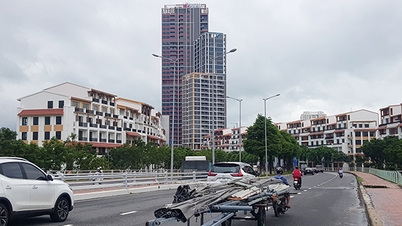

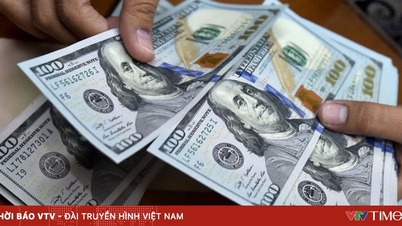

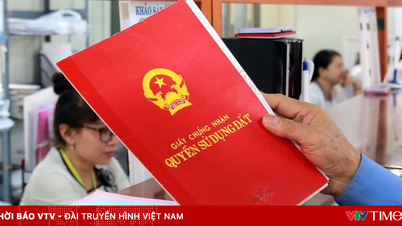








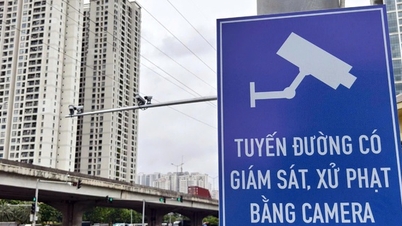
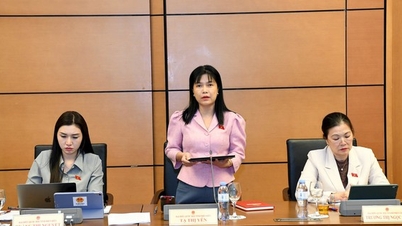






































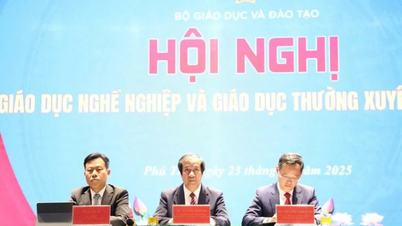

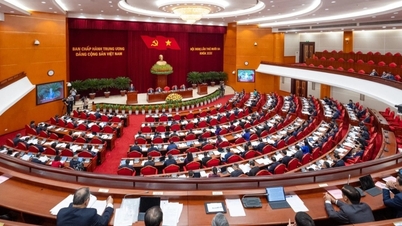

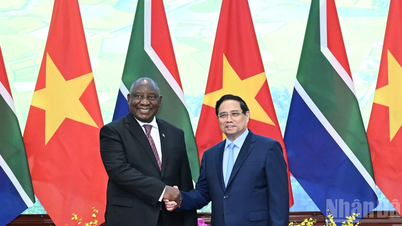
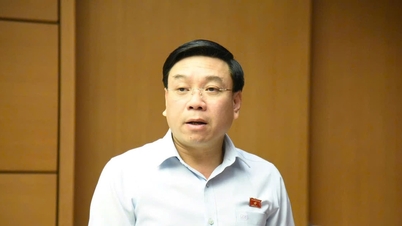






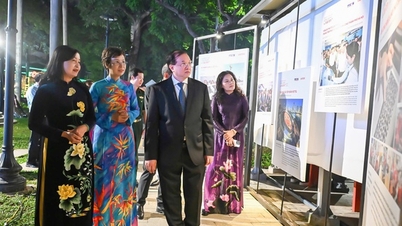



























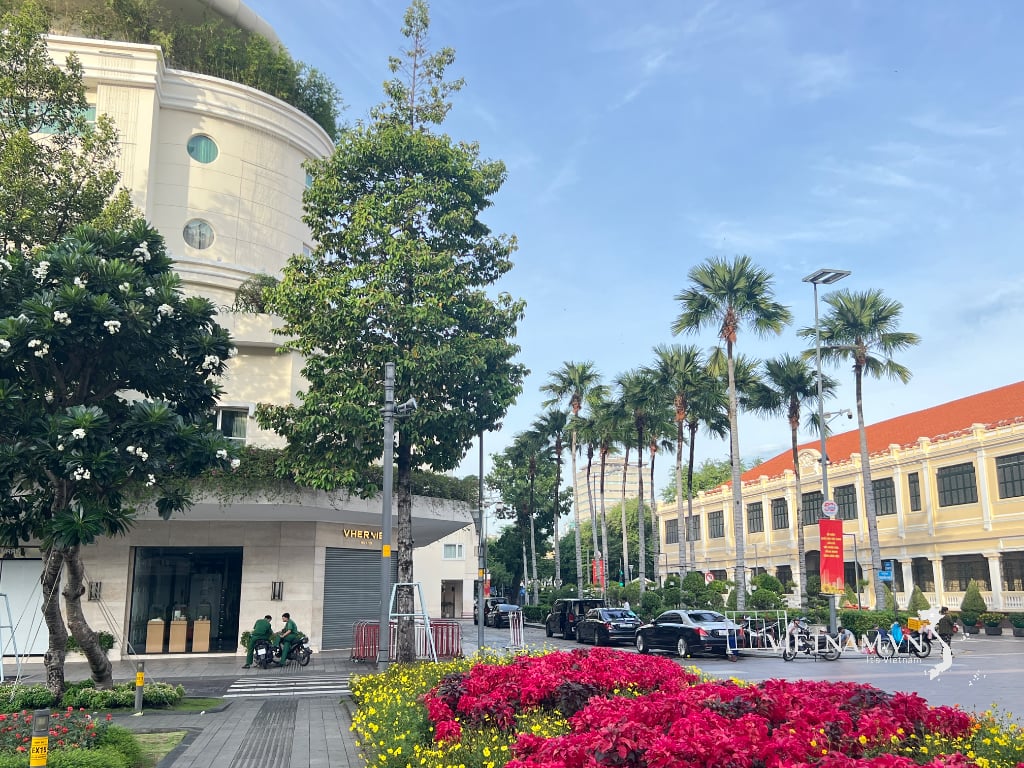
Comment (0)